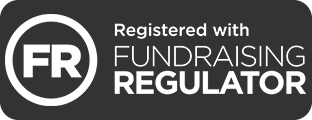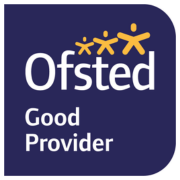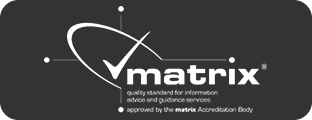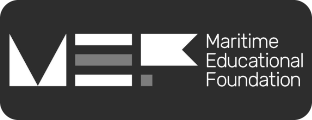PLANNING YOUR PERSONAL DEVELOPMENT
Posted on 12 June 2017 by Nick Chubb
Personal and professional development are key to career success, particularly if you work at sea. Most of us, however, don’t have a formal plan for our development preferring instead to make it up as we go along. It’s easy to lose sight of your long-term goals when you’re caught up in day to day work but writing and executing a personal development plan is a straightforward way of keeping your long term goals front and centre and helping you to take the steps to achieve them.
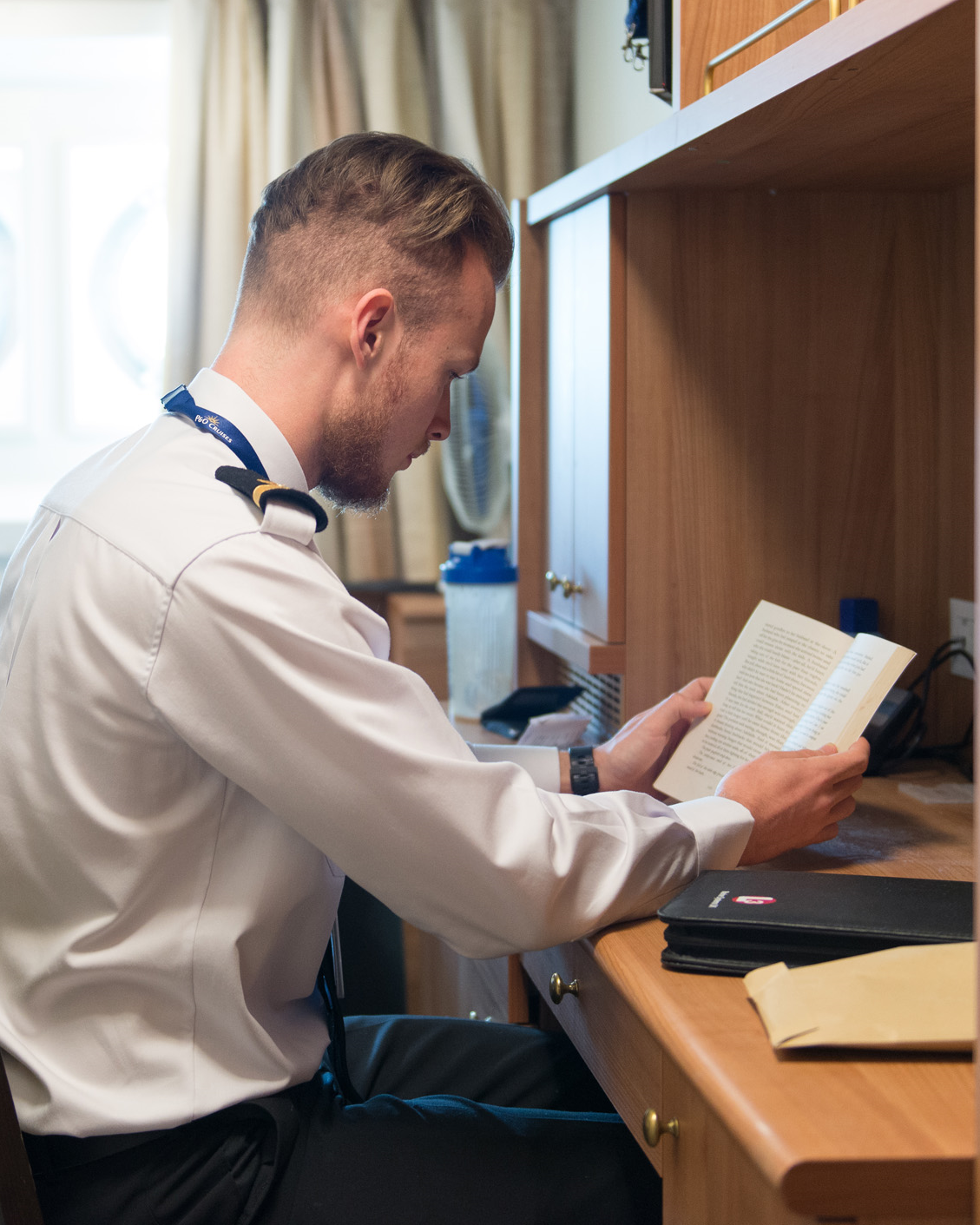
CREATE A PLAN
The first step is fairly obvious – create a plan. Unfortunately, just thinking about personal development, or coming up with some vague goals in your head won’t do the job. If you’re going to take your own development seriously (and you should) you need a written plan that sets out your goals, the support you need, actions to achieve those goals, and when you will achieve them by. If you’re not sure what that should look like don’t worry – just click below to get a personal development template:
SET SPECIFIC GOALS
There’s no point creating a generic plan, or copying someone else’s. A good personal development plan should be 100% tailored to you, your goals, strengths, weaknesses, and the support you have available.
A generic goal like “Improve my writing”, is too broad and isn’t tailored to you, we all want to improve our writing. Instead, be specific: “Improve the structure and flow of my written reports to make them easier to understand”. Setting clear, specific goals will give you something to focus on and help you form an actionable plan to get there.
TALK TO MENTORS
Whether it’s other members of the crew, your line manager, or a friend seek out people who have already achieved what you want to achieve and ask them for help. You might be looking for a career change, studying, or trying to get promoted – whatever it is you probably know someone who’s been there and done it. Ask them what they wish they had spent time doing when they were in your position, or what skills they hadn’t realised they needed to work on before it was “too late”. You can avoid a lot of pain and anguish by asking for help, your path is likely well-trodden, don’t make the same mistakes your predecessors did.
REFLECT
Good personal development is as much about reflection as it is about planning. Get into the habit of questioning your previous choices. You should regularly look at where you’re trying to get to, what progress you’ve made, and how you’re going to get there. There’s always room for improvement and regular reflection will help you get there quickly.
USE PROFESSIONAL FRAMEWORKS
If one of your goals is career focused then you can use industry standards as a framework for your own goals. We are blessed in this industry that professional competency frameworks are laid out in black and white and in great detail. Want to become a master mariner? MSN 1856 is the blueprint you can follow to get there. Not every sector works in the same way, but there is usually some sort of framework available from an industry body with information on how to progress.
GATHER EVIDENCE
Another important factor to consider if you’re working towards a professional goal is that employers will often want to see evidence of all of your hard work. It’s likely for example, that your employer will already have competency frameworks in place for promotion. If they don’t, it’s well worth creating your own development portfolio. If one of your goals is a career change or promotion you will find it much easier to prove your abilities if you can provide evidence beyond a CV.
TRANSFERABLE SKILLS MATTER
Specific professional competencies matter, but so do transferable skills. You may be the most talented ship handler in the world, but if you can’t stand up and present to the ship’s crew or give effective orders you’ll never become a Captain. Skills like time management, people management, communication, and problem-solving are just as important as role-specific skills and should be a key part of your plan. Without them, you will only get so far.
Personal Development planning isn’t rocket science and shouldn’t take too much of your time but, just spending 30 minutes on it a couple of times a year will help ensure that you stay on track and are able to achieve your goals.

